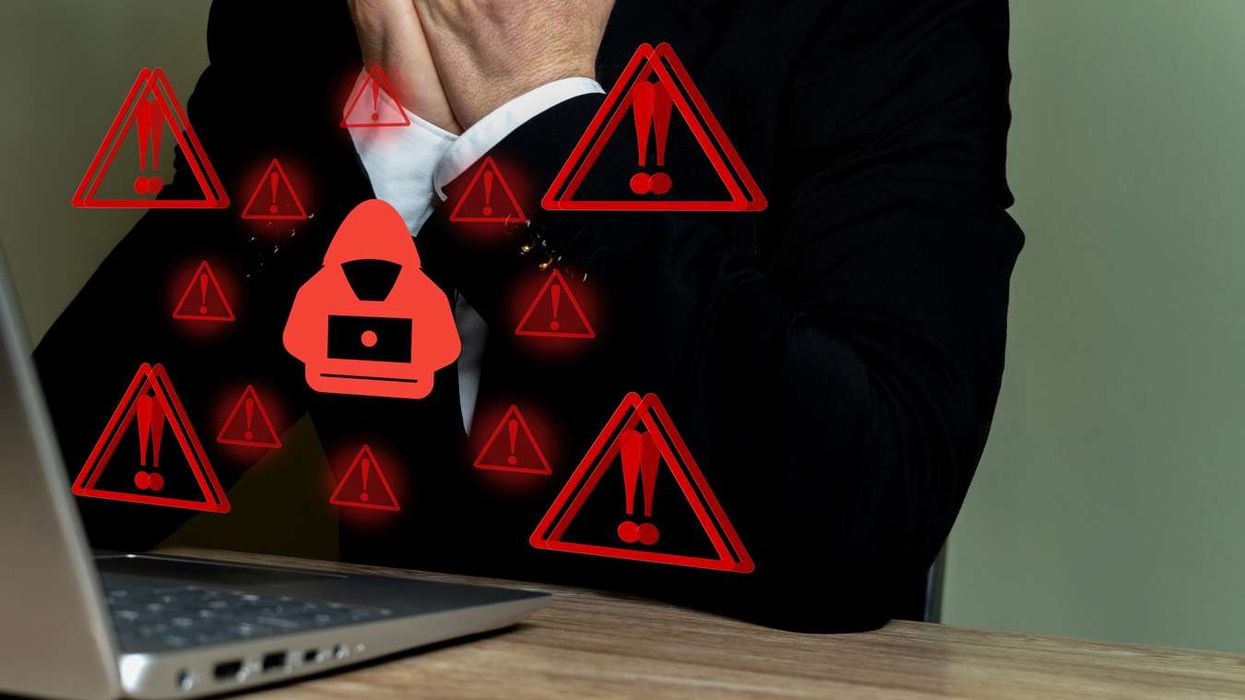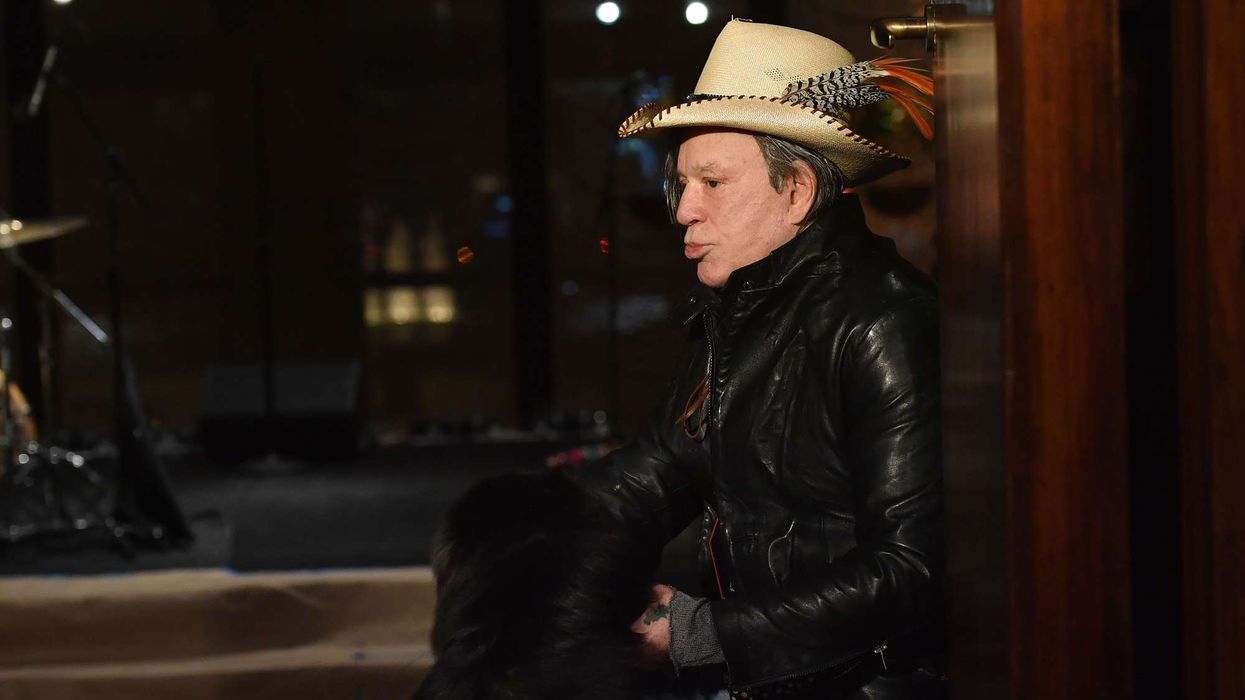by MOHNISH SINGH
‘Work should be your religion' says John Abraham.
THIS is perhaps the most interesting phase of John Abraham’s career.
The actor is taking on versatile projects and will follow up his recent release Parmanu:
The Story Of Pokhran, which revolved around India becoming a nuclear state, with powerful
vigilante drama Satyamev Jayate.
The Milap Zaveri-thriller sees him play a hardened vigilante on a mission to murder
corrupt officials being pursued by a dedicated police officer played by Manoj Bajpayee.
The trailer for the soon-to-be-released film has received a positive response and
presents John in a brand new avatar.
Eastern Eye’s Mumbai correspondent Mohnish Singh caught up with the star to talk about Satyamev Jayate, why he doesn’t have too many friends in the industry, hard work, and more...
What drew you towards the script of Satyamev Jayate?
As an audience, you want to be entertained. I found the script to be very entertaining, and at the same time it was very emotional. I wept at the end of it. Then I thought if I could weep, the audience would also feel very sad. It gets emotions out of you.
What can you tell us about the film?
It’s a suspense thriller and hence I can’t reveal too much.
You started your career with Jism in 2003 and have acted in almost 50 films so far. How do you think you have changed over the years?
At the trailer launch (of Satyamev Jayate), Manoj Bajpayee said I am the only actor he knows who has not changed at all over the years. I also believe there has been zero
change since the first day of my professional career up till now. I don’t have any kind
of ego. Nothing!
You journalists interview so many actors every day. Even you can find out that I have not changed at all. I am the same person as I always was. I feel odd when people suddenly start behaving differently. They perhaps don’t understand that today they are actors and tomorrow things will change. Then where will they get all that attention from?
This is perhaps because of values instilled in you by your parents, right?
Yes! My parents are so honest that my default setting is honesty. I don’t make an effort to be honest. There are certain issues which we have tried to raise in Satyamev Jayate.
I have never seen so much cash around me, so I don’t understand the concept of
demonetisation and why people sat with their faces pulled down when the demonetisation
drive happened. If you have stashed away black money, it’s your fault. Honesty is the most important policy in life.
So you have never greased someone’s palm in your life?
No, never.
Could you recall any incidence were anyone from your family had to resort to bribery?
No. But I’ll tell you one incident. It happened three months ago. My brother, who is an architect, was stopped by traffic police. They made him park his car and asked for it (a bribe). My brother said to the cops: ‘You should be checking my license.’ He forced the cops to take the license instead of giving them any money.
Who does that these days? When I look at my father, mother and brother, I wonder how they survive in today’s times. I am also honest, but at times when I get into any situation like this, I somehow manage to get out of it through talks and all. But my family is so, so honest.
Almost one-and-a-half-years ago, you would do Facebook Lives regularly, giving fitness tips to your fans. But now we don’t see you much there...
I’ll start again. Maybe from August or September. Currently, I am shooting in Gujarat. I go back to resume the shoot in a couple of days.
Which film you are shooting for in Gujarat?
I am shooting for RAW. Romeo Akbar Walter.
Do you enjoy Mumbai monsoon?
I like monsoon because Mumbai needs water. That’s the only reason I like it. Besides that, I am not a fan. People say monsoon is romantic. No, it’s not. You have to walk in dirt and water.
So what is romantic for John Abraham?
(Smiles) The sound of my bike is romantic for me.
Apart from being an actor, you are a producer also. There is so much pressure to handle. How do you manage?
Most kids from the new generation don’t understand what hard work is. They stick to their work of hours, which in a way is good. But when I started my career, there was no time to do other things. Work was everything. It was religion.
My dad would often say by visiting a temple, mosque or church, you don’t become a good human being. To become a good human being, you have to do good work. I also think that work should be your religion. Having said that, I do not mean don’t keep some time for yourself. But I am extremist when it comes to work.Friends have not increased for sure. I have only four close friends, and we are friends since our school days. All of them are engineers now. One is computer engineer, the other one is mechanical engineer, and so on.
They have nothing to do with my films. I tell them to watch, but they say they don’t have time (laughs). So, yeah, I have those kinds of friends.
Do you have any friends in Bollywood?
In Bollywood, I get along very well with a lot of people. For example, the youngsters in the industry. There is Akshay (Kumar). I get along well with him. I get along well with Abhishek (Bachchan) and Rohit (Dhawan) is dear to me. I love him. Varun (Dhawan) is also close. Having said that, we don’t talk on the phone every day. I don’t attend parties. I sleep early.
In one of my earlier interviews, somebody asked me: ‘Why don’t I go to parties? Is there any networking problem?’ I said: ‘How does that make any difference?’ Attending parties is not going to fetch you more work. It will affect your hours of sleep for sure. I love sleep more than parties.
Are you brand conscious?
I think you should carry your personality. My personality is such that I love the Indian army a lot. The Maruti Gypsy which I own, I got it from army quota. I am a big fan of the Indian army.
I am obsessed with India. But I am also too critical of India. Unfortunately, our country is the rape capital of the world. As an Indian, I can criticise my country. But if someone else does that, I have a problem. I’ll tear him apart just like I tore that tyre in Satyamev
Jayate. It’s a sad state of affairs. Very sad!
Is there anything else you don’t like about India?
I like everything about India. I love India. These negative aspects like corruptions, we need to eradicate them. Sex trafficking, child molestation, women molestation; these are issues which need to be addressed. If we won’t address them, who will?
This social consciousness was always a part of who you are, or it awoke over the years?
It was always there. But now I am more empowered. As an actor, I have a voice, which I can raise and address certain issues.
So rather than telling what make-up you wear, it’s better to talk about issues like this. I think that is important.











